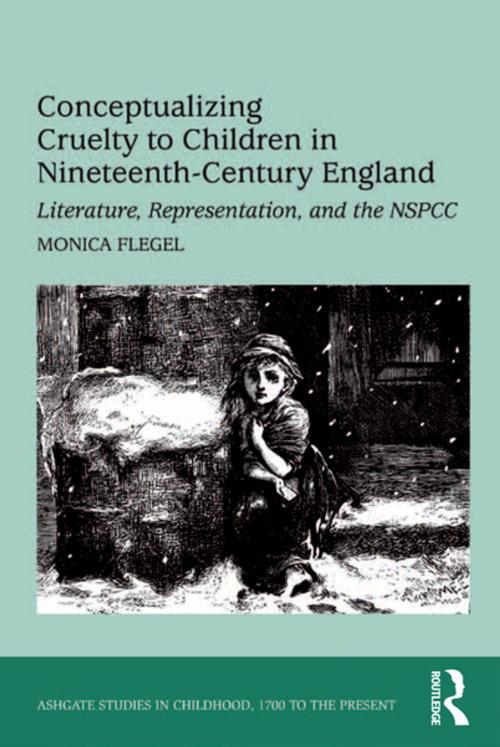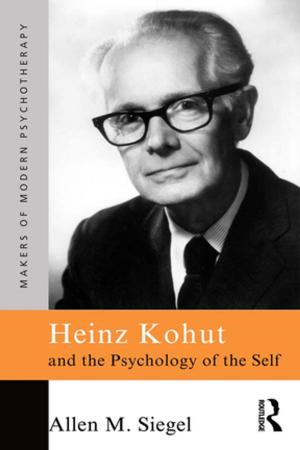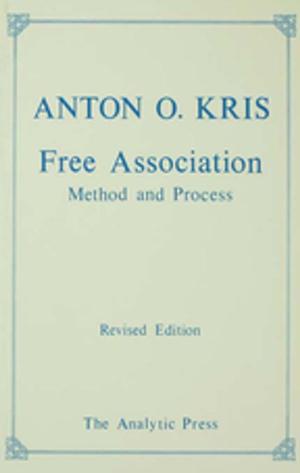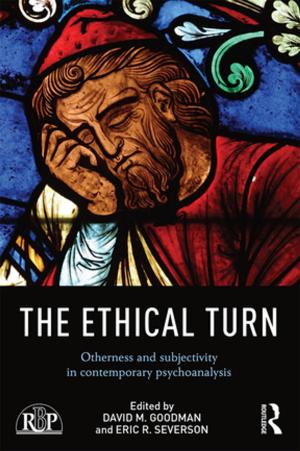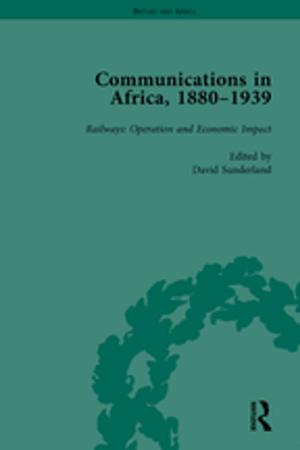Conceptualizing Cruelty to Children in Nineteenth-Century England
Literature, Representation, and the NSPCC
Fiction & Literature, Literary Theory & Criticism| Author: | Monica Flegel | ISBN: | 9781317162339 |
| Publisher: | Taylor and Francis | Publication: | May 23, 2016 |
| Imprint: | Routledge | Language: | English |
| Author: | Monica Flegel |
| ISBN: | 9781317162339 |
| Publisher: | Taylor and Francis |
| Publication: | May 23, 2016 |
| Imprint: | Routledge |
| Language: | English |
Moving nimbly between literary and historical texts, Monica Flegel provides a much-needed interpretive framework for understanding the specific formulation of child cruelty popularized by the National Society for the Prevention of Cruelty to Children (NSPCC) in the late nineteenth century. Flegel considers a wide range of well-known and more obscure texts from the mid-eighteenth century to the early twentieth, including philosophical writings by Locke and Rousseau, poetry by Coleridge, Blake, and Caroline Norton, works by journalists and reformers like Henry Mayhew and Mary Carpenter, and novels by Frances Trollope, Charles Dickens, Wilkie Collins, and Arthur Morrison. Taking up crucial topics such as the linking of children with animals, the figure of the child performer, the relationship between commerce and child endangerment, and the problem of juvenile delinquency, Flegel examines the emergence of child abuse as a subject of legal and social concern in England, and its connection to earlier, primarily literary representations of endangered children. With the emergence of the NSPCC and the new crime of cruelty to children, new professions and genres, such as child protection and social casework, supplanted literary works as the authoritative voices in the definition of social ills and their cure. Flegel argues that this development had material effects on the lives of children, as well as profound implications for the role of class in representations of suffering and abused children. Combining nuanced close readings of individual texts with persuasive interpretations of their influences and limitations, Flegel's book makes a significant contribution to the history of childhood, social welfare, the family, and Victorian philanthropy.
Moving nimbly between literary and historical texts, Monica Flegel provides a much-needed interpretive framework for understanding the specific formulation of child cruelty popularized by the National Society for the Prevention of Cruelty to Children (NSPCC) in the late nineteenth century. Flegel considers a wide range of well-known and more obscure texts from the mid-eighteenth century to the early twentieth, including philosophical writings by Locke and Rousseau, poetry by Coleridge, Blake, and Caroline Norton, works by journalists and reformers like Henry Mayhew and Mary Carpenter, and novels by Frances Trollope, Charles Dickens, Wilkie Collins, and Arthur Morrison. Taking up crucial topics such as the linking of children with animals, the figure of the child performer, the relationship between commerce and child endangerment, and the problem of juvenile delinquency, Flegel examines the emergence of child abuse as a subject of legal and social concern in England, and its connection to earlier, primarily literary representations of endangered children. With the emergence of the NSPCC and the new crime of cruelty to children, new professions and genres, such as child protection and social casework, supplanted literary works as the authoritative voices in the definition of social ills and their cure. Flegel argues that this development had material effects on the lives of children, as well as profound implications for the role of class in representations of suffering and abused children. Combining nuanced close readings of individual texts with persuasive interpretations of their influences and limitations, Flegel's book makes a significant contribution to the history of childhood, social welfare, the family, and Victorian philanthropy.
